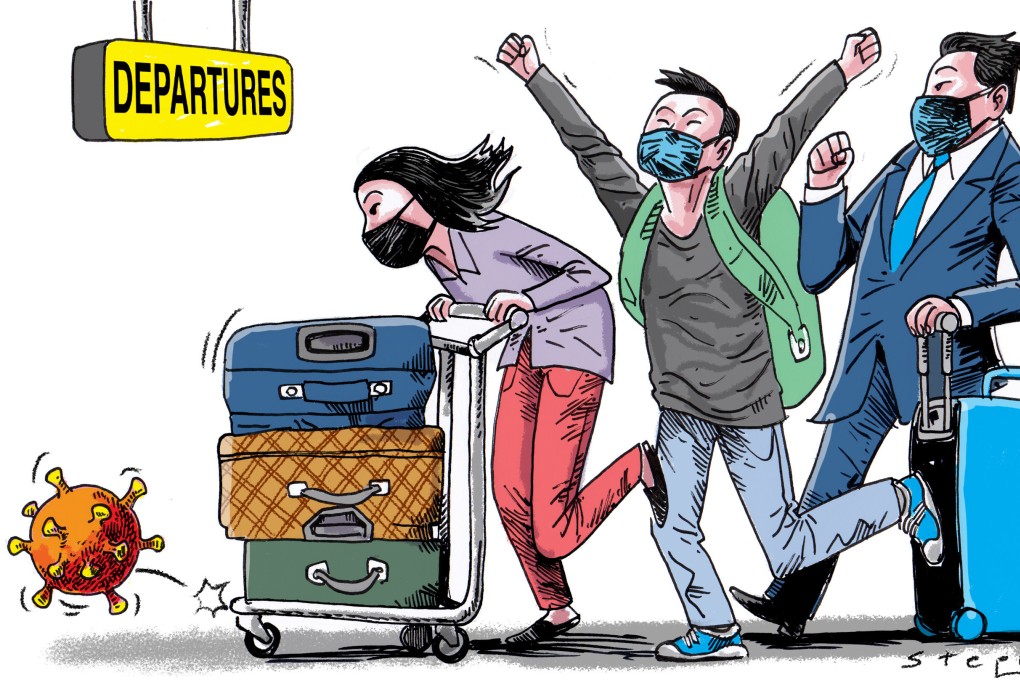Opinion | As Europe opens up for travel, East Asia should take notes
- Despite initial shortcomings, EU efforts at restoring travel and tourism, far from reckless, are worth studying and emulating
- A dialogue led by Asean and Asean Plus Three is urgently needed to save the tourism and aviation industry, and countless livelihoods

The European Union is no stranger to being the scapegoat for pretty much anything that goes wrong in Europe. When the Covid-19 pandemic first hit the continent, criticism was harsh. A recent study found that citizens’ trust in the EU fell because of the pandemic.
This is not justified. Granted, at the start of the pandemic, the EU was largely absent and whenever it did act, international observers were stunned by how inept it appeared.
In short, its pandemic management put into question the EU’s value in a crisis. In March last year, European Commission President Ursula von der Leyen called it a “painful story” of “only for me” responses.
But the picture now looks rather different. With Brussels’ coordination, states are finding the right balance between freedom of movement and prudent restrictions.

